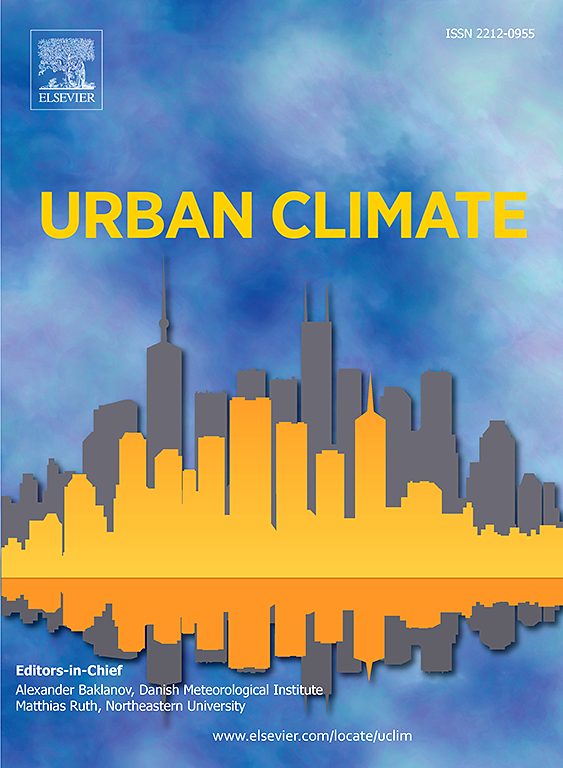Urban stormwater resilience: Global insights and strategies for climate adaptation
IF 6
2区 工程技术
Q1 ENVIRONMENTAL SCIENCES
引用次数: 0
Abstract
Rapid urbanization combined with increasing extreme precipitation driven by climate change poses significant challenges to urban infrastructure. This study analyzes stormwater management practices across 11 cities in North America, Europe, and Australia, emphasizing strategies for climate change adaptation. Drawing on a review of published documents and interviews with city officials, we assess regulatory frameworks, policies, and design guidelines. This review identifies a critical gap in integrating stormwater management with emission reduction policies, essential for synergistic co-benefits and addressing both mitigation and adaptation challenges. This study examines the policies through the lens of blue-green infrastructure (BGI), identifying challenges such as adapting multifunctional designs to local contexts and establishing effective governance frameworks to maximize their potential. From a funding perspective, stormwater fees offer a transparent way to finance climate-resilient initiatives, with affordability and public acceptance addressed through incentives like stormwater credits. Regular updates to design storm criteria, guided by advancing climate science, are vital for long-term resilience. However, design storms should be a starting point, focusing more on adaptive, multifunctional structures based on the safe-to-fail paradigm. This study highlights the urgent need for holistic, integrated stormwater management approaches to enhance urban resilience and sustainability in a changing climate.求助全文
约1分钟内获得全文
求助全文
来源期刊

Urban Climate
Social Sciences-Urban Studies
CiteScore
9.70
自引率
9.40%
发文量
286
期刊介绍:
Urban Climate serves the scientific and decision making communities with the publication of research on theory, science and applications relevant to understanding urban climatic conditions and change in relation to their geography and to demographic, socioeconomic, institutional, technological and environmental dynamics and global change. Targeted towards both disciplinary and interdisciplinary audiences, this journal publishes original research papers, comprehensive review articles, book reviews, and short communications on topics including, but not limited to, the following:
Urban meteorology and climate[...]
Urban environmental pollution[...]
Adaptation to global change[...]
Urban economic and social issues[...]
Research Approaches[...]
 求助内容:
求助内容: 应助结果提醒方式:
应助结果提醒方式:


